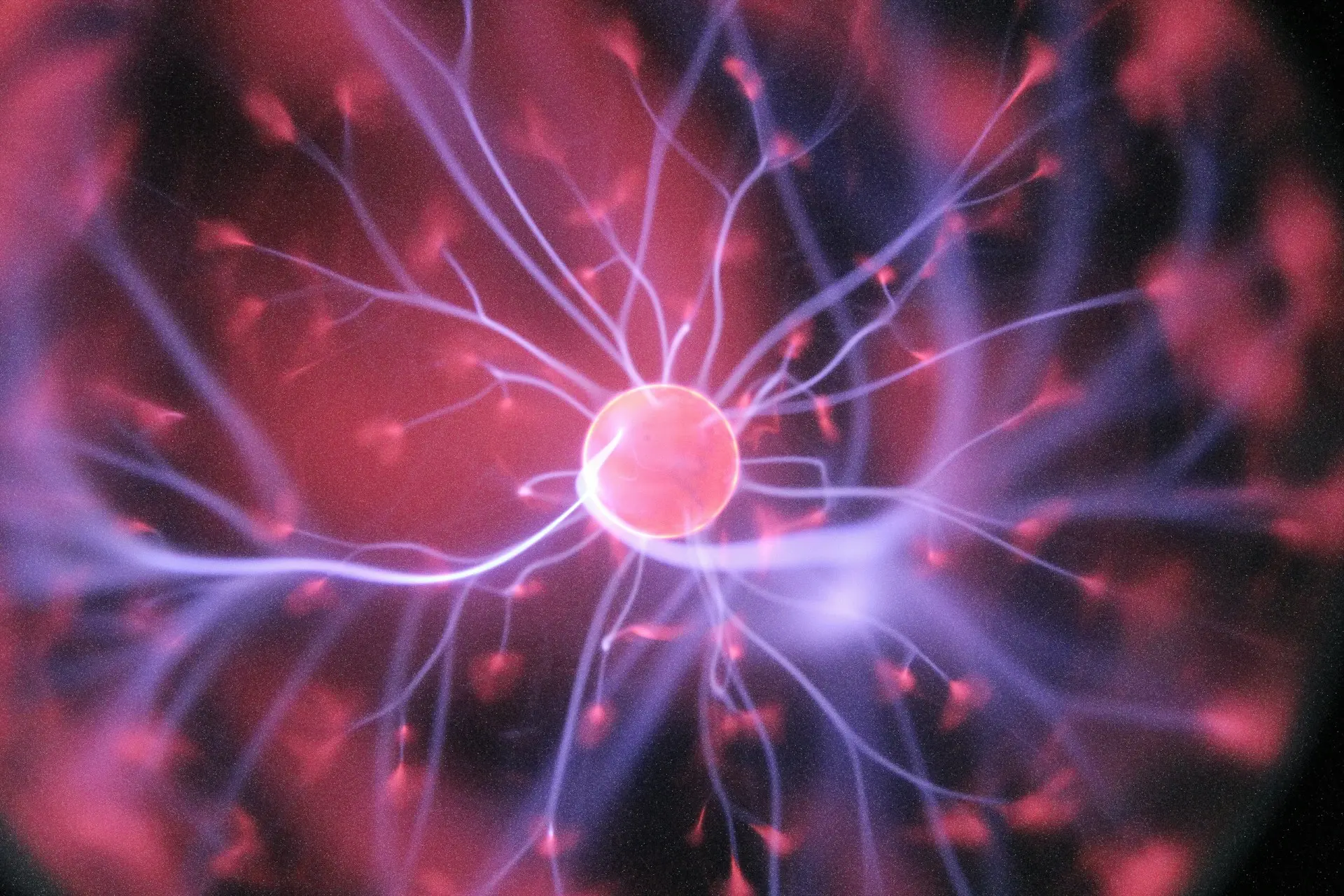Maintaining balance is a complex interplay between various sensory systems and motor functions within the body.

Blog
Exploring Neurological Disorders and Their Impact on Balance
Maintaining balance is a complex interplay between various sensory systems and motor functions within the body. However, when neurological disorders disrupt these systems, it can lead to significant balance problems.
Neurological disorders encompass a broad spectrum of conditions affecting the nervous system, including the brain, spinal cord, and nerves. Many of these disorders interfere with the proper functioning of the systems responsible for maintaining balance and coordination.
Parkinson's disease is characterized by the degeneration of dopamine-producing neurons, leading to postural instability and gait disturbances, which can cause balance problems.
Multiple sclerosis is an autoimmune disorder that damages the myelin sheath surrounding nerve fibers, resulting in symptoms like dizziness and impaired balance.
Cerebellar ataxia affects the cerebellum, causing symptoms such as unsteady gait and difficulty maintaining balance.
Disorders affecting the inner ear, such as vestibular neuritis or Meniere's disease, can cause symptoms like vertigo and disequilibrium, significantly impacting balance.
Stroke, interrupting blood flow to the brain, can result in balance problems and difficulty walking as part of its symptoms.
Symptoms of balance problems associated with neurological disorders include dizziness, vertigo, unsteadiness, difficulty walking, falls, nausea, and visual disturbances. These symptoms can arise from neurotransmitter imbalances, structural damage, or nerve damage within the nervous system.
The causes of balance problems in neurological disorders are diverse and can stem from various underlying mechanisms. These include neurotransmitter imbalances, structural damage to specific brain regions, or nerve damage affecting sensory information related to balance.
Managing balance problems associated with neurological disorders involves various strategies, including medication, physical therapy, assistive devices, lifestyle modifications, and, in some cases, surgical interventions. These approaches aim to alleviate symptoms, improve stability, and enhance overall well-being.
In conclusion, balance problems associated with neurological disorders significantly impact daily functioning and quality of life. By understanding their causes and implementing appropriate management strategies, individuals affected by these conditions can better cope with their symptoms and maintain their independence. Seeking evaluation and guidance from healthcare professionals is essential for proper diagnosis and treatment. Through awareness, education, and ongoing research, we can continue to advance our understanding of neurological disorders and work towards more effective interventions to enhance the lives of those affected by balance problems.
Neurological disorders encompass a broad spectrum of conditions affecting the nervous system, including the brain, spinal cord, and nerves. Many of these disorders interfere with the proper functioning of the systems responsible for maintaining balance and coordination.
Symptoms of balance problems associated with neurological disorders include dizziness, vertigo, unsteadiness, difficulty walking, falls, nausea, and visual disturbances. These symptoms can arise from neurotransmitter imbalances, structural damage, or nerve damage within the nervous system.
Managing balance problems associated with neurological disorders involves various strategies, including medication, physical therapy, assistive devices, lifestyle modifications, and, in some cases, surgical interventions. These approaches aim to alleviate symptoms, improve stability, and enhance overall well-being.
Need Personalized Health Guidance?
Get expert advice tailored to your specific health needs from our qualified healthcare professionals.





